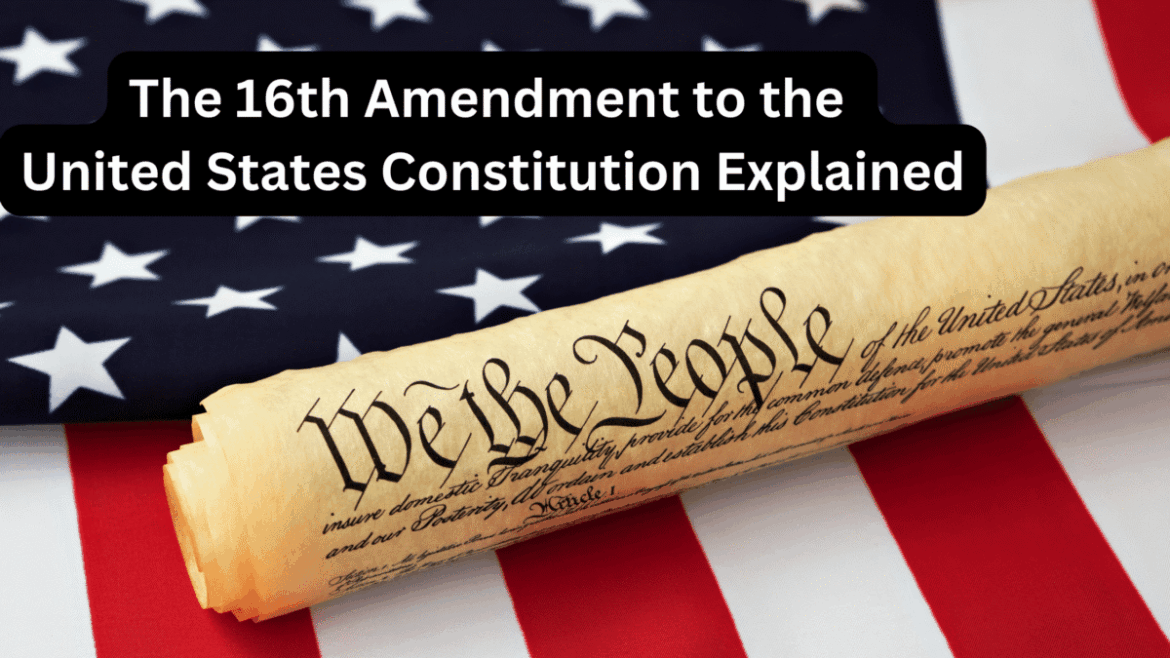Abraham Lincoln, the 16th President of the United States, stands as a monumental figure in American history, a status earned not merely through his leadership during a time of unprecedented turmoil but also through his profound moral convictions. His presidency, extending from 1861 to 1865, was marked by the Civil War—a cataclysmic event that sought to define the essence of the nation. But who was this enigmatic leader, and what can we glean from his legacy through a Christian lens? As we delve into this inquiry, one might ponder: How do Lincoln’s principles resonate with contemporary Christian values, and can his life serve as a moral compass in times of division?
Born on February 12, 1809, in a humble log cabin in Hardin County, Kentucky, Lincoln’s rise is a quintessential American tale of perseverance. He was gifted with irony—a man from an impoverished background who would ascend to the heights of power. This story of ascendance itself carries a divine underscoring, echoing the biblical tenet that “the last shall be first” (Matthew 20:16). In the spirit of Proverbs 16:18, which warns that pride precedes destruction, Lincoln’s humility became a cornerstone of his character and a stark contrast to the political egos often observed in leadership.
Lincoln’s inherent understanding of humanity’s complexities positioned him as a compassionate leader. His empathy—perhaps an extension of his Christian values—was evident in his speeches. The Second Inaugural Address, delivered as the nation teetered on the brink of collapse, is particularly noteworthy. It evokes a sense of collective grace, encapsulating his belief in the necessity of forgiveness. Yet a question emerges: Can forgiveness be extended to adversaries, and what does this suggest about the moral obligations of leaders? Lincoln’s urge to bind the nation’s wounds, rather than seek retribution, offers a contemplative answer—one that resonates deeply within Christian teachings about mercy.
The Emancipation Proclamation, issued on January 1, 1863, is perhaps Lincoln’s most defining act. It was not merely a political maneuver; it represented a profound moral awakening, aligning with the Christian principle of liberation from oppression. “For I was hungry and you gave me something to eat, I was thirsty and you gave me something to drink” (Matthew 25:35) underscores the call to serve others. In this light, Lincoln’s decision to emancipate enslaved individuals serves as a reflection of his commitment to justice—not merely as a political necessity but as a moral imperative stemming from a desire to uphold human dignity. Was he, in this act, fulfilling a scriptural prophecy of liberation? The moral ramifications are immense, challenging Christian leaders today to reflect on their responsibilities towards societal injustices.
Yet, the challenge does not end with emancipation. Despite Lincoln’s significant contributions to the abolition of slavery, questions regarding his approaches and beliefs linger. Lincoln believed in a form of gradual emancipation, a stance that has been debated over the years. How does this reconcile with the totality of Christian forgiveness and the immediate call to justice? As Christians reflect upon Lincoln’s intentions and actions, they are often confronted with the complexities of moral discernment. In grappling with these contradictions, we recognize that a faithful Christian response must be nuanced, embracing both grace and truth.
Lincoln’s leadership style, marked by a pragmatic approach, raises additional considerations about the nature of governance in relation to faith. In an era rife with moral conflicts, he positioned himself as a leader attentive to divine providence, often invoking God’s will in shaping the nation. His speeches are replete with references to divine guidance, suggesting a belief that the country’s trajectory was intertwined with spiritual favor. However, challenges abide—how does a leader balance divine inspiration with human fallibility? In the ultimate quest for the greater good, can a politician remain true to his convictions without succumbing to the peril of moral ambiguity?
As the nation emerged from the Civil War, Lincoln’s vision extended beyond merely reuniting the states. His post-war vision of America highlighted the necessity for reconciliation—a task interwoven with forgiveness and understanding. Herein lies a unique interplay of Christian doctrine: can the foundational tenets of love, charity, and understanding mitigate the deep divisions created by strife? Lincoln’s faith-inspired approach suggests that restoration can arise amidst desolation, challenging Christians to embody these values as they navigate contemporary societal fractures.
In retrospect, Lincoln’s legacy is multifaceted, characterized by profound moral and ethical dimensions that encourage ongoing reflection. The question that reverberates through history is not simply who Lincoln was but rather how his principles can guide modern-day Christian leadership. This inquiry invites deeper contemplation: Is it conceivable that the path of humility, forgiveness, and justice championed by Lincoln could forge unity in our own divisive times?
Ultimately, examining Abraham Lincoln’s presidency through a Christian perspective offers a framework for reflection—not just upon his actions and decisions but also upon our own responses to the manifold challenges of our day. As divisions seem insurmountable, the challenge remains: to emulate Lincoln’s unwavering commitment to mercy, advocating for justice while upholding a moral compass steeped in understanding and grace. In doing so, we may find a path that resonates harmoniously with the core values of our faith.



